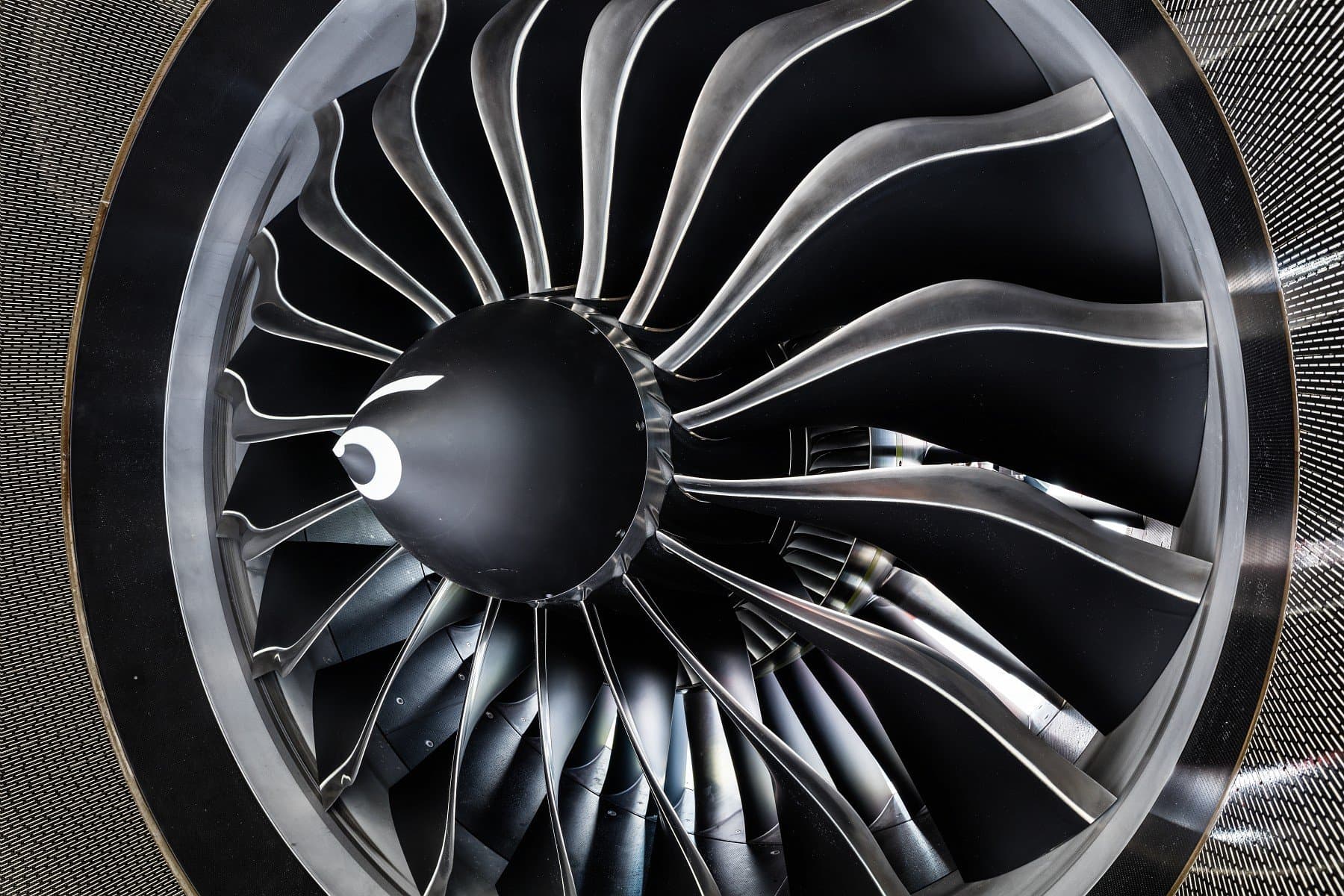CFM International reaches new milestones for LEAP engine maturity

Published on 17th November 2025
- 1,200+ LEAP-1A durability kits shipped
- LEAP-1A cooling system active in ~50% of fleet
- LEAP-1B cooling system engine-level certification expected shortly
DUBAI – 17 November 2025 – CFM International continues to make progress rolling out maturity improvements to CFM LEAP-1A engines for Airbus A320neo family aircraft. Likewise, the company continues progress toward introducing similar systems in 2026 for the CFM LEAP-1B engines that power Boeing 737 MAX aircraft.
For LEAP-1A engines, CFM has produced more than 1,200 high-pressure turbine (HPT) durability kits in less than a year since certification in December 2024. This includes new production engines and durability kits delivered to overhaul shops. CFM and its MRO partners and operators have also installed the reverse bleed system (RBS) on nearly 50% of LEAP-1A engines in service.
For LEAP-1B engines, CFM expects the U.S. Federal Aviation Administration to grant engine-level, part 33 certification for the RBS shortly. CFM is working closely with Boeing to introduce the RBS and HPT durability kit to 737 MAX operators next year.
“The LEAP engine family is maturing much faster than its predecessor,” said Gaël Méheust, president and CEO of CFM International. “With these updates, we are now refining the hardware to deliver more durability while reducing the maintenance burden for A320neo family operators. As a result, they benefit not only from the exceptional efficiency, reliability, and utilization LEAP engines deliver, but also from more predictable operations and longer time on wing.”
CFM designed the HPT durability kit to increase time between shop visits, with the ability to more than double time on wing in severe environments. The improved hardware will help bring time between shop visits in line with its predecessor, the CFM56 engine, which has set industry standards for long time on wing. CFM is delivering all new and overhauled LEAP-1A engines with the kit, including engines going through both CFM and Premier MRO shops.
Similarly, CFM designed the RBS to reduce the need for on-wing fuel nozzle replacements and bring maintenance needs in line with CFM56 standards. The company is shipping RBS kits to all CFM shops, approved third-party providers, and operators that have completed the required training at one of CFM’s four technical education centers in the United States, France, India, and China.
Méheust continued: “Hats off to our engineering team for using a ‘go slow to go fast’ approach as they methodically designed, tested, and delivered these improvements.”
With more than 4,000 aircraft delivered to date, CFM LEAP engines have experienced the fastest ramp in commercial aviation history. Advanced technologies like composite fan blades and ceramic matrix composites deliver an engine that’s 15% more fuel efficient, with 15% lower carbon emissions than prior-generation CFM56 engines. Backed by advanced health monitoring systems and an open MRO ecosystem, CFM LEAP engines offer mature reliability and enable high asset utilization for narrowbody aircraft.